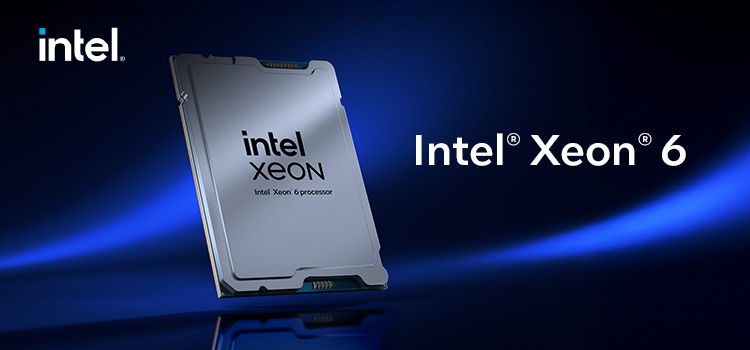Intel Xeon 6 powers HPC Supercomputer for Imperial College London
Leading UK university’s new system delivers more compute performance for scientific research while reducing environmental footprint.
What’s New
At ISC 2025 in Hamburg, Germany, Intel announced plans for the new HX2 supercomputer at Imperial College London, which is built on Lenovo servers and powered by Intel Xeon 6 processors with Performance-cores (P-cores). The water-cooled system, designed as part of the co-investment ICICLE collaboration, will be deployed this year, delivering a performance boost for the next generation of high-performance computing (HPC) and artificial intelligence (AI).
“This is a great win for Intel due in part to Xeon 6’s strong performance for bandwidth-bound AI and HPC workloads. The deployment of the HX2 supercomputer at Imperial College London marks a significant milestone in our commitment to advancing scientific research and promoting sustainability. We are proud to help tackle global challenges like climate and healthcare, all while lowering the total cost of ownership and environmental impact,” commented Karin Eibschitz Segal, Intel corporate vice president and interim general manager of the Data Center Group
Why It Matters
The HX2 supercomputer equips Imperial’s academics and students to accelerate their research and position themselves for careers in HPC/AI.
“The Imperial investment of 10 million pounds for HX2 has ensured that we can provide, in collaboration with Intel and Lenovo, a high-quality, future-proof compute platform for our researchers,” said Andrew Richards, director of Research Computing Services (RCS) at Imperial. “We have been able to accelerate our HPC refresh using the latest sustainable platform and enable our academics to accelerate their research.”
Kelly Zhang, lecturer in Statistics in the Department of Mathematics at Imperial, said: “My research group is using both CPUs and GPUs for jobs for developing decision-making algorithms for healthcare settings. Specifically, many are working with the ICU electronic health record dataset MIMIC. I’m excited to see what HX2 can offer for my group’s workloads. Having such a powerful yet sustainable cluster is such a privilege.”
What It Will Do
The HX2 system will be available as part of Imperial College London’s central Research Computing Service. It will support the next generation of researchers across all faculties (engineering, natural sciences, medicine, business, and others) and provide them access to long-term groundwork, emerging technology, and gender-balance initiatives.
Need a server for HPC? – ASBIS Experts are ready to help
